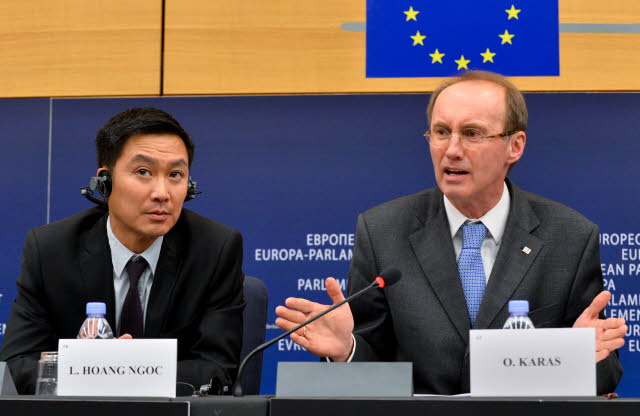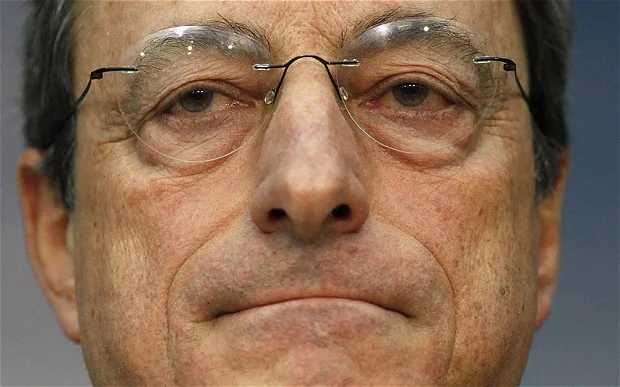According to the enquiry report, the system has brought Greece and other countries out of the crisis, notwithstanding its limits. Yet now it is time for ECB and IMF to take a sptep aside, and for the Commission to create a EMF

Notwithstanding its lack of transparency and accountability in front of European insititutions, and the fact that it partially took sovereignty off countries under MuOs, the Troika has prevented the situation from getting worse and got countries out of the crisis. Hence, a substantially positive evaluation contained in the enquiry report by the Committee on Economic and Monetary Affairs on the role and operation of the Troika with regard to the euro area programme countries (Greece, Ireland, Portugal and Cyprus). The report passed with 31 votes in favour, 10 against and 2 abstentions, but it clearly was watered down after the compromise among 905 amendments. An “ultimate” mediation, expressed also in the Rapporteurs’ words. “It would be wrong to say the Troika created all the problems,” there are also “political responsibilities to be shouldered and resolve,” taking into account that “the Union did not have the required instruments for solving the crisis, it was not ready to face the situation,” said Othmar Karas (EPP-ED). This statement was echoed by “The Troika failed its mission,” its methods “are not compatible with European democratic standards,” it created “rage and desperation in the countries under MoU,” said Liem Hoang Ngoc (S&D). Quite a schizophrenic attitudes approaching the issue.
According to the report, the coordinating mechanism of the three independent institutions of the Troika (ECB, European Commission and IMF) “had an uneven distribution of responsibility between them, coupled with differing mandates,” as well as negotiation and decision-making structures with “different levels of accountability, all resulting in a lack of appropriate scrutiny and democratic accountability as a whole.”
Furthermore, National Parliaments were too often left out of the decision-making, even facing aut-aut: “When consulted, national parliaments were faced with the choice between eventually defaulting on their debt or accepting memoranda of understanding negotiated between the Troika and national authorities,” says the report. in addition to this, the Troika system is also criticised for taking a ‘one-size fits all’ approach, without due consideration for differing circumstances on the ground, and its inability to adapt policy prescriptions when these prove ineffective or based on wrong assumptions. EU finance ministers, particularly in the Eurogroup, were also criticised for failing to give clear and consistent political pointers to the Commission as regards the aims sought in return for financial assistance. Dealing with the future, the report of the Committee – which is to be voted during a plenary session of the European Parliament in March – recommends a radical rethink, with the IMF to be used only “if strictly necessary”, the ECB present only as a “silent observer”, and the European Commission’s role taken over by a “European Monetary Fund” (EMF). A proposal for the establishment of an EMF should be tabled by the Commission by the end of 2014. “It will be democratic and transparent,” replacing “the European Stability Mechanism,”explained Hoang Ngoc, who added “We also call for the EU to get a single seat at the IMF, to represent European interests as well as each Member State’s individual interests.”
Alfonso Bianchi







